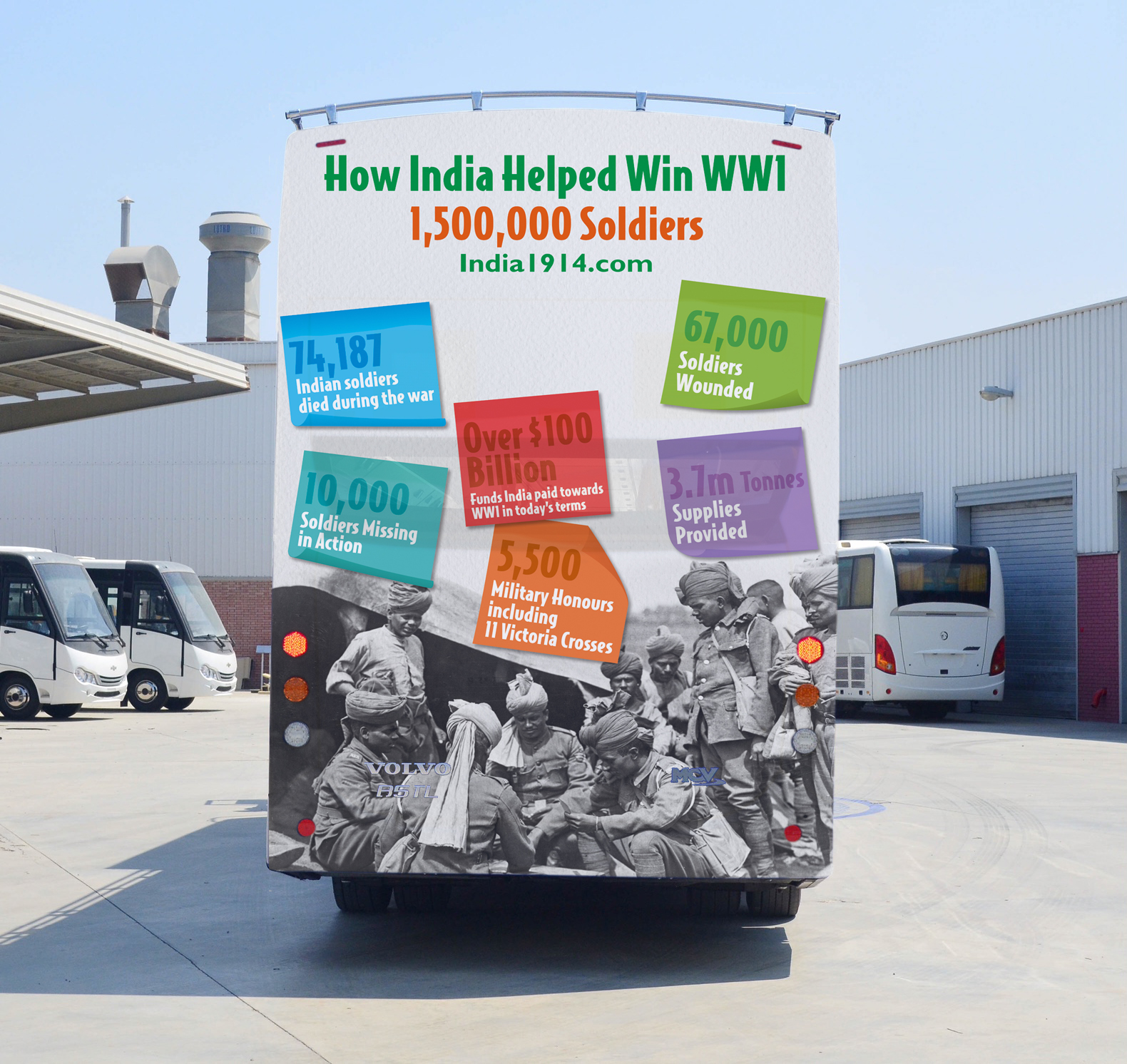India's Diverse Contribution to World War I: A Tapestry of Faiths in the British Indian Army
Introduction
World War I, also known as the Great War, was a global conflict that saw nations from around the world come together to confront an unprecedented challenge. India, then under British colonial rule, played a significant role in this war effort by sending troops to serve in the British Indian Army. These soldiers came from various faiths and backgrounds, reflecting the incredible diversity of the Indian subcontinent. While precise numbers for each faith are challenging to ascertain, this article aims to shed light on the remarkable religious diversity among Indian volunteers during WWI.
Hindus: A Pillar of the British Indian Army
Hindus constituted a substantial portion of the Indian soldiers who volunteered to serve in WWI. They hailed from various regions of India, bringing with them their unique customs, languages, and traditions. The British Indian Army recognized the martial spirit of Hindu recruits and valued their contributions on the battlefield.

Muslims: Defenders of Unity and Diversity
The Muslim community in India also made significant contributions to the British Indian Army during WWI. Volunteers from diverse backgrounds, including the northern and southern regions of India, played crucial roles in the war effort. Their dedication to serving the British Empire during this challenging period is a testament to the unity and diversity of India.
Sikhs: A Proud and Fearless Force
Sikh soldiers made a remarkable impact on the British Indian Army during WWI. Renowned for their bravery and martial prowess, Sikh recruits were often at the forefront of battles. Their distinctive turbans and beards, representing their faith, became a symbol of valour and determination on the battlefield.
Christians: From Kerala to Goa, a Faithful Contribution
Indian Christians, with their roots in various states like Kerala, Tamil Nadu, and Goa, also answered the call to serve during WWI. Their commitment to the war effort demonstrated the diversity of faith within the Indian subcontinent and their shared dedication to the cause.
Buddhists and Jains: Smaller Numbers, Great Sacrifices
While Buddhists and Jains represented a smaller percentage of the Indian population, there were individuals from these faiths who volunteered for the British Indian Army during WWI. Their contribution, though numerically modest, should not be forgotten, as it reflects the tapestry of diversity that India represented.
Parsis: A Unique Contribution
The Parsi community, concentrated primarily in western India, also had members who volunteered to serve in WWI. Their contributions, though relatively small compared to other communities, were part of India's collective effort in the war.
Jews: A Tiny Yet Significant Presence
India had a small Jewish community, and despite their small numbers, some members of this community may have volunteered to serve in the British Indian Army during WWI. Their participation, though often overlooked, underscores the rich tapestry of faiths within India.
Conclusion
World War I was a testing time for the world, and India's diverse and multi-faith population rallied to support the British Indian Army's efforts in this global conflict. While precise numbers for each faith remain elusive, the collective contribution of Indian soldiers from all backgrounds should be celebrated and remembered. Their dedication to the cause of freedom and justice serves as a testament to the unity in diversity that has long characterized the Indian subcontinent. As we reflect on the sacrifices made during WWI, let us not forget the rich tapestry of faiths that defined India's role in this historic war.